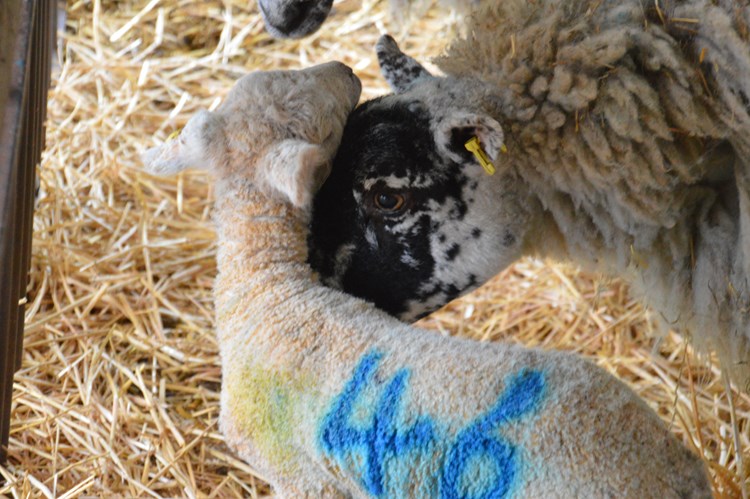
Key Information
Enrol Now
This course may run again in the future. To register your interest please contact us.
Alternatively you can download and email using our Registration Form
Course Information
- Know before you go - a guide to starting the sheep production cycle well
- Pregnancy and preparing the ewe for lambing
- Top tactics for successful lambing
- Top tips for good growth and lamb survival
.png)
Four individual FlockMaster sessions will be running throughout the year until May 2023. Although designed to run as a four-part series, the sessions are also independent of one another to enable sheep keepers to dip into areas of interest if unable to attend the whole course. These sessions will run 10am – 5pm and will involve practical sessions at the Royal Veterinary College’s Boltons Park Farm with their sheep flock. Course notes will be provided.
Why do this course
Who should do it? These sessions are aimed at sheep keepers looking to expand their knowledge and improve their sheep farming practices. We believe that this course is suitable for both commercial and small-scale sheep keepers, whether experienced or novice, providing you relevant and tailored sheep course to the participants on the day.
Session 1: Know before you go - Wednesday 27th July 2022
The aim of the first session in this series is to equip sheep keepers with knowledge and skills to optimise reproductive performance on their farm, and to structure their purchases of sheep so as to minimise the risk of disease introduction.
Session 2: Pregnancy and preparing the ewe for lambing - Tuesday 13th December 2022
The aim of the second session in this series is to equip sheep keepers with knowledge and skills to prepare ewes adequately for lambing.
Session 3: Top tactics for successful lambing - Tuesday 28th February 2023
The aim of the third session in this series is to equip sheep keepers with knowledge and skills to prepare for a successful lambing time with regards to both ewe and lamb management from birth to eight weeks.
- Lambing practical- identifying ewes that require assistance, identifying malpresentations & correcting, recognising when a ewe needs a caesarean section
- Lamb care (colostrum, navels, tail-docking, castration, temperature, bedding, hygiene)- recognising the sick lamb, stomach tubing technique, rubber ring application technique, the need for castration & tail-docking?, navel dipping, vaccination, early life growth rate targets
- Flystrike control & Nematodirus control- what are these problems, how do we prevent them, how do we deal with them when they occur
- Grazing management- measuring grass, use of alternative forages
Session 4: Crossing the finish line - Tuesday 23rd May 2023
The aim of the fourth and final session in this series is to equip sheep keepers with knowledge and skills to ensure growth rates and lamb survival is maximised to get the best out of their lambs, both for replacement and selling.
- Lamb growth rates- targets, common causes of poor growth rates
- Sustainable worm control- how do worms cause disease, prevention, avoidance of anthelmintic resistance
- Selecting sheep for purchase- choosing the right sheep for your farm, where to source sheep from, identifying risk levels, “iceberg” diseases
- Quarantine- prevention of import of disease, correct quarantine procedure
- Selecting sheep for slaughter- where are you going to sell your lambs?, identifying lambs that are ready for slaughter, minimising carcase condemnations
JP Crilly, MA VetMB CertAVP PGCertVetEd DipECSRHM MRCVS
Lecturer in Small Ruminant Health and Flock Management
Beth Reilly, BVetMed PGDipVCP PGCertVetEd FHEA MRCVS
Farm Animal Teaching Fellow
The Royal Veterinary College

